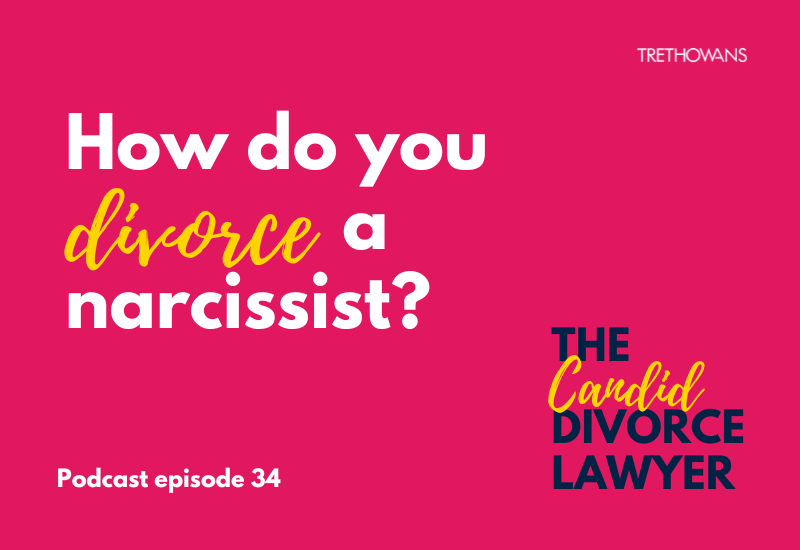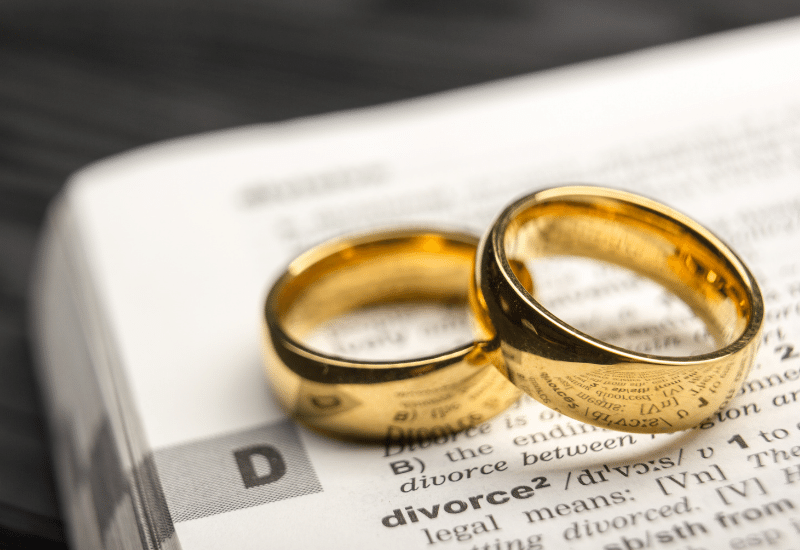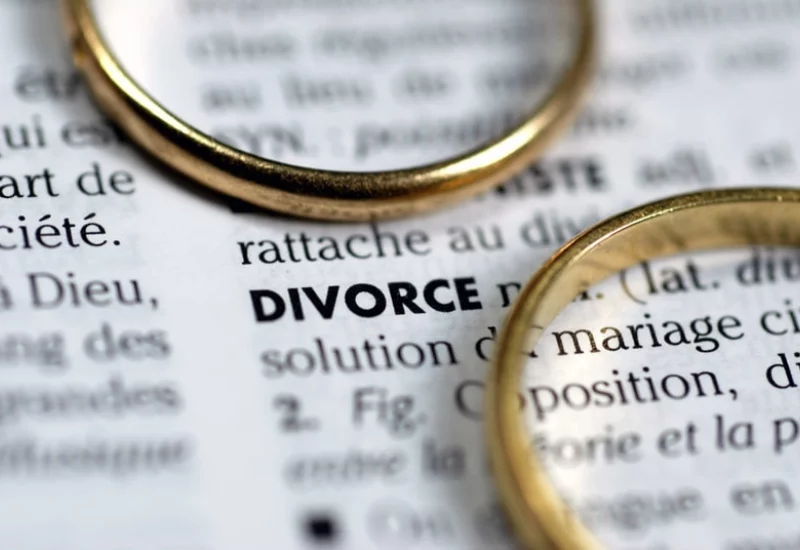- 29 Oct 2024
- •
- 4 min read
Crypto assets and divorce settlements

As of 2024, it is estimated that there are over 23,000 cryptocurrencies with a collective market value exceeding £808 billion. With the rise of digital assets, cryptocurrencies are becoming an increasingly common feature in divorce settlements.
What are crypto assets?
Crypto assets are digital currencies, with “crypto” referring to the secure way in which ownership data is encrypted, and “currencies” representing their use as digital money. The most widely known cryptocurrencies include Bitcoin and Ethereum, but the number of different currencies or tokens is enormous, and the list continues to grow. Unlike traditional currencies, cryptocurrencies are decentralised. This means that they operate outside of any central regulatory authority, such as banks or governments. They function using blockchain technology, a digital ledger system that verifies and records transactions.
The value of cryptocurrencies is volatile and can change significantly in a short space of time. However, at their core, crypto assets are items of value that can be held, valued, and transferred just like any other asset and must be tackled appropriately at the point of separation.
Are crypto assets included in a divorce settlement?
Yes, crypto assets are subject to the same rules as other financial assets under English and Welsh law. Both parties in a divorce must provide a full and frank disclosure of their assets, including any crypto holdings. Like other assets, they are valued and divided as part of the matrimonial estate during the financial remedy process.
How are crypto assets valued in a divorce?
The valuation of crypto assets can be tricky due to the volatile nature of the cryptocurrency market. Unlike stable assets such as property, pensions or bank accounts, which maintain relatively consistent values over short periods, the value of cryptocurrencies can fluctuate dramatically. As a result, it is crucial that the value of crypto assets is up-to-date at the time of negotiations or court hearings.
The value of a holding is calculated by multiplying the quantity held by the current market price, similar to share valuations. The dynamic market means that timing is key in ensuring an accurate and fair valuation for the divorce settlement.
When considering the value of these assets for the purpose of financial settlement, it is also important to understand any tax payable if the assets were realised. If the cryptocurrency has been held for a long period of time, it is likely that the ‘acquisition cost’ could be significantly lower than the current value and therefore there could be a significant capital gains tax liability on sale or transfer.
How can crypto assets be divided?
Crypto assets can be divided in a similar manner to more traditional assets. The court has the authority to order the transfer of crypto assets, either in whole or in part, to the other spouse via a property adjustment order under s.24 of the Matrimonial Causes Act 1973.
Typically, this will involve setting up a separate crypto wallet for the receiving spouse (if they do not already have any holdings of their own). Alternatively, the court may order the sale of the assets, with the proceeds divided between the spouses.
The volatility of crypto assets means that dividing them fairly as part of a divorce settlement can be challenging. The court may take the view that the fairest way to deal with this type of asset is to order that both spouses retain a portion of each cryptocurrency, allowing both to share in any potential gains or losses. If you did not wish to own or receive any cryptocurrency and would rather offset this value against other assets, careful consideration should be given to the appropriate value to be sued for this purpose, and it may be sensible to work from the average value over a period of time.
What if crypto assets are hidden?
The requirement to exchange full and frank financial disclosure extends to cryptocurrencies and digital assets. If you suspect that your spouse holds cryptographic assets but has failed to provide details as part of the financial disclosure process, legal options are available. First, a careful review of all transactions disclosed should be undertaken to check for any deposits or purchases with cryptographic exchanges (for example, Coinbase or Binance). If the purchase was made outside the usual 12 month period for disclosure, it can be harder to trace the assets.
If you have any is evidence that your spouse previously held cryptocurrency, this will assist you in persuading a court that it would be proportionate for the court to order further disclosure, including where appropriate, seeking an order against third parties (for example, cryptographic exchanges) who may hold records showing the purchase and/or holding of cryptocurrencies on their platform. It is also possible to engage an expert to undertake a forensic investigation, analysing your spouse’s financial accounts for signs of irregularities or historical crypto transactions.
If significant irregularities are found, a judge may infer that there are concealed assets and make adjustments in the final financial order to account for this.
Protecting Your Cryptocurrency
If you are the holder of cryptocurrency, then complete transparency is the best way to protect your investments. Through seeking expert financial advice and receiving an assessment of the valuation, you may avoid accusations of hiding assets, thus maintaining your credibility. Keeping a detailed record of your transactions can help to protect your investments and ensure that the appropriate net value is utilised in any settlement negotiations. This includes the date of transaction, the amount invested and the supposed current value.
Crypto assets are increasingly an integral part of divorce settlements. If you are concerned that your spouse holds significant value in cryptocurrency it is important that proper investigation is undertaken at the disclosure stage to ensure they are given due consideration as part of any financial settlement. It may be necessary to work with forensic experts to uncover any holdings and ensure a fair distribution of the matrimonial assets. Specialist advice should be sought at an early stage to ensure that the right questions are asked to uncover the true value of the matrimonial assets.











